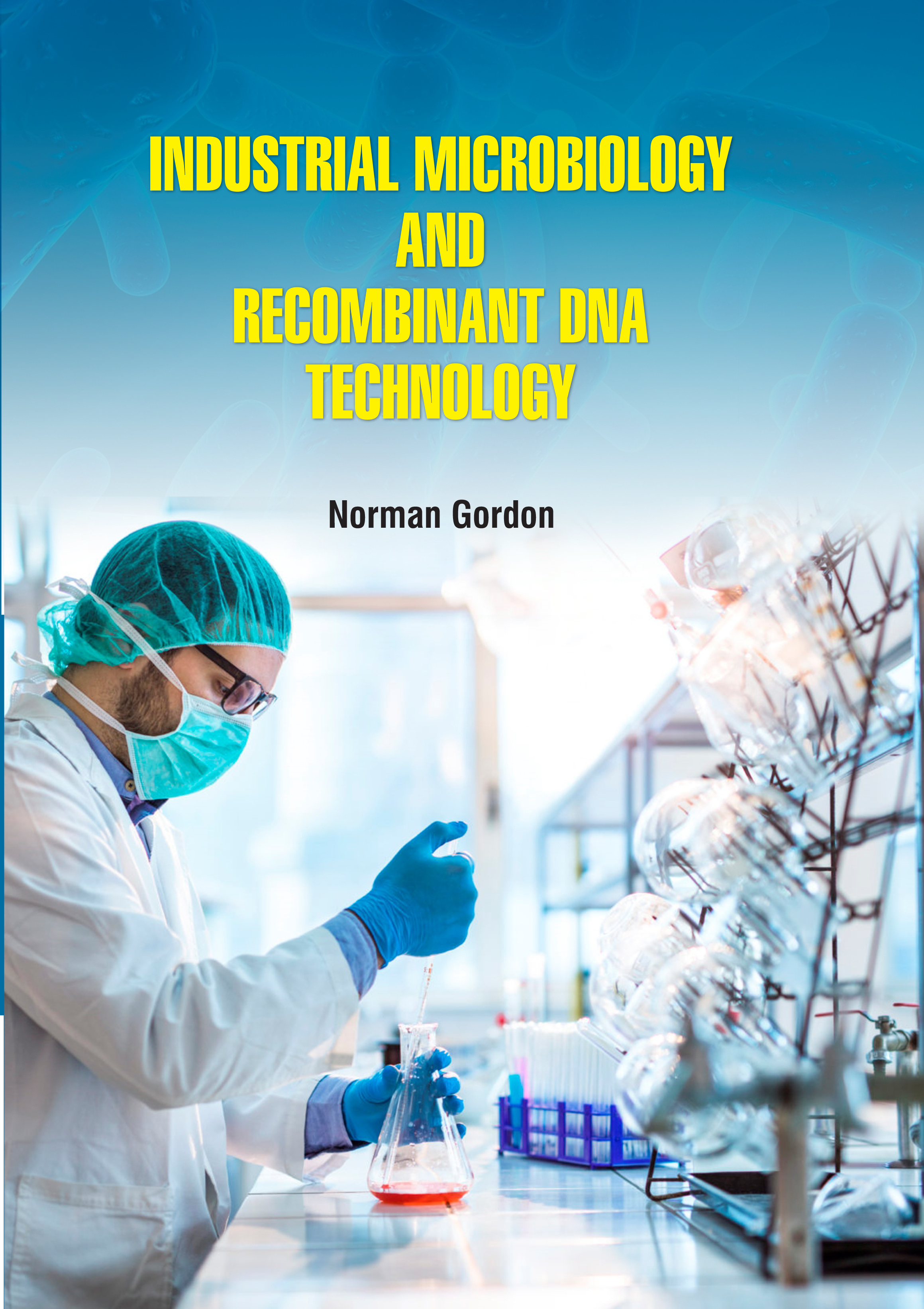
Industrial Microbiology and Recombinant Dna Technology
by Norman Gordon
| ISBN | 9789372422412 |
|---|---|
| Publisher | Digital Drive Learning |
| Copyright Year | 2026 |
| Price | $250.00 |

by Norman Gordon
| ISBN | 9789372422412 |
|---|---|
| Publisher | Digital Drive Learning |
| Copyright Year | 2026 |
| Price | $250.00 |
Industrial Microbiology provides a structured approach to learning by covering all the important topics in a simple, uniform and systematic format. Microbiology began since ancient times when people learned to grind lenses from pieces of glass and combine them to produce magnifications great enough to enable microbes to be seen. Since then microorganisms are exceptionally attractive models for studying fundamental life processes. Areas of industrial microbiology include quality assurance for the food, pharmaceutical, and chemical industries. Industrial microbiologists may also be responsible for air and plant contamination, health of animals used in testing products, and discovery of new organisms and pathways. For instance, most antibiotics come from microbial fermentations involving a group of organisms called actinomycetes. Other organisms such as yeasts are used in baking, in the production of alcohol for beverages, and in fuel production (gasohol). Additional groups of microorganisms form products that range from organic acids to enzymes used to create various sugars, amino acids, and detergents. Microbes can also be used to create fuels directly. Certain bacteria ferment glycerol to form ethanol, a biofuel that can be used in automobiles. The glycerol is a byproduct of biodiesel production, but it is more valuable if converted to fuel. With genetic engineering, microbes can also be altered to produce fuels that they don’t usually make. One company has modified the DNA of yeast to create biofuel from sugarcane feedstock. The challenge to all of these methods is creating a process that produces fuels more easily — and cheaply — than conventional methods. The present book will be a comprehensive, accessible and definitive resource for the studying industrial microbiology, biotechnology or biochemical engineering, and also those wishing to pursue careers in the biotechnological industry, applied microbiology, fermentation technology and metabolic engineering.